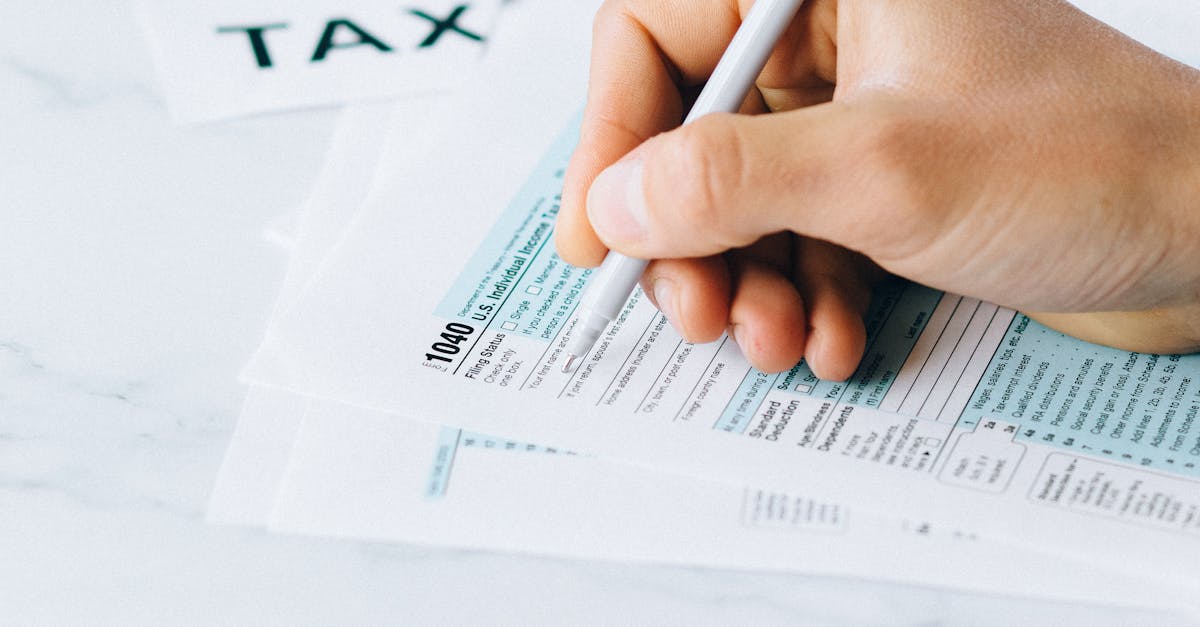Navigating the complexities of tax returns can be daunting, especially when it comes to filing a final tax return after the death of a loved one. Understanding the necessary steps and requirements can help ease the burden during a challenging time. This article will guide you through the essential processes involved in filing a final tax return in Canada, ensuring that you are well-informed and prepared.
| Step | Description |
|---|---|
| 1 | Determine the Tax Year |
| 2 | Gather Required Documents |
| 3 | Identify the Legal Representative |
| 4 | Complete the Final Tax Return |
| 5 | File the Return |
| 6 | Pay Any Outstanding Taxes |
| 7 | Inform CRA of the Death |
Determine the Tax Year
The first step in filing a final tax return after death is to determine the tax year for which the return needs to be filed. In Canada, the final return covers the period from January 1 of the year of death up to the date of death. This means that if a person passes away in 2023, the final return will need to be filed for the 2023 tax year, covering all income earned until the date of death.

Gather Required Documents
Before you can file the final tax return, it is crucial to gather all necessary documents. This includes the deceased’s previous tax returns, T4 slips from employers, T5 slips for investment income, and any other relevant financial documents. You may also need to obtain a death certificate, as it will be necessary for various processes related to the estate.

Identify the Legal Representative
Next, you must identify the legal representative of the deceased’s estate, often referred to as the executor or administrator. This individual is responsible for managing the estate and ensuring that the final tax return is filed appropriately. If the deceased left a will, the executor named in the will would typically take on this role. If there is no will, the court may appoint an administrator to manage the estate.

Complete the Final Tax Return
Once all documents are gathered and the legal representative is identified, it’s time to complete the final tax return. This involves filling out the appropriate tax forms, including the T1 General form. It is essential to report all income earned until the date of death, as well as any deductions and credits the deceased was entitled to. If you are unsure about how to complete the return, consider consulting a tax professional for guidance.

File the Return
<pAfter completing the final tax return, the next step is to file it with the Canada Revenue Agency (CRA). This can be done online through the CRA's EFILE service or by mailing a paper return. It is important to file the return on time to avoid any penalties. The due date for the final return is typically six months after the date of death, but if the deceased was self-employed, the deadline may be different.
Pay Any Outstanding Taxes
After filing the final tax return, you will need to address any outstanding taxes owed by the deceased. If the return indicates that taxes are owed, the legal representative must ensure that these taxes are paid from the estate’s funds. Failing to pay outstanding taxes can result in additional penalties and interest, so it is crucial to manage this aspect carefully.

Inform CRA of the Death
Finally, it is important to inform the CRA of the death of the individual. The legal representative should notify the CRA as soon as possible, as this will help to ensure that the deceased’s tax matters are handled appropriately. This notification can be done by providing the CRA with a copy of the death certificate, along with the deceased’s social insurance number and other relevant information.

FAQ
What is a final tax return in Canada?
The final tax return in Canada is the last income tax return that must be filed for a deceased person. It covers the income earned from January 1 of the year of death until the date of death.
Who is responsible for filing the final tax return?
The legal representative of the deceased’s estate, typically the executor or administrator, is responsible for filing the final tax return.
What documents are needed to file a final tax return?
To file a final tax return, you will need documents such as previous tax returns, T4 and T5 slips, a death certificate, and any other relevant financial documents.
What happens if the final tax return is not filed on time?
If the final tax return is not filed on time, the estate may incur penalties and interest charges. It is crucial to adhere to the filing deadlines.
How can I get help with filing a final tax return?
If you need assistance with filing a final tax return, consider consulting a tax professional or accountant who is experienced in handling estates.
References:
Canada Revenue Agency – [Guide for Deceased Persons](https://www.canada.ca/en/revenue-agency/services/tax/businesses/topics/payroll/employers-guide/deceased-persons.html)
Government of Canada – [Death of a Taxpayer](https://www.canada.ca/en/revenue-agency/services/tax/businesses/topics/payroll/employers-guide/death-taxpayer.html)




